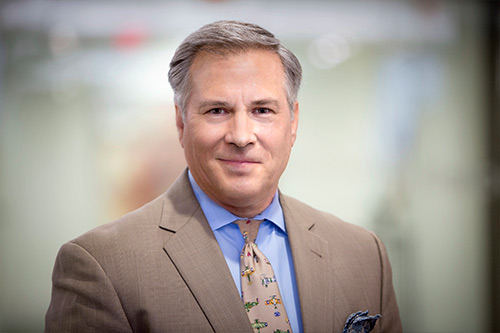According to a CNN article, a Denver judge has found a former United Express pilot guilty of operating a common carrier under the influence of alcohol. As a result, the former pilot is facing a sentence of up to 15 years in prison and a fine of as much as $250,000. Although the article doesn’t mention it, I have no doubt that the FAA revoked the first officers airman and medical certificates on an emergency basis following the failed alcohol test.
According to the article, the former pilot was the first officer on a flight from Austin, TX to Denver, CO. During the flight, the captain detected the smell of alcohol. Upon landing, the captain determined that the smell of alcohol was coming from the first officer and, as a result, the captain contacted the company while the first officer was performing his after-landing inspection. When the first officer returned to the cockpit, the captain advised that he was ordered to take the first officer to an alcohol-testing facility in the terminal for performance of a reasonable suspicion alcohol test. The first officer subsequently registered a .094 BAC on the test, violations of both the FARs, company policy and Colorado law.
Apparently the first officer had been out drinking at a bar the night before his flight and had also purchased some beer at a store near his hotel, but the article doesn’t indicate when the first officer actually stopped drinking. However, even if we give the first officer the benefit of the doubt and assume that he stopped drinking 12 hours before his duty time (a typical policy for Part 121 carriers), he must have consumed a significant amount of alcohol in order to have had enough alcohol in his system to blow a .094 after completion of the first flight of the day.
This raises an issue that pilots should keep in mind: Compliance with an 8 or 12-hour no-alcohol rule by itself won’t necessarily keep a pilot out of trouble. If a pilot consumed more alcohol than his or her body can metabolize during that 8 or 12-hours after the pilot stopped drinking, then the pilot will still have alcohol in his or her system. Pilots need to be aware of not only what time they stop drinking, but also how much they drank before they quit. The consequences of failing to do so could be severe, and even deadly.


